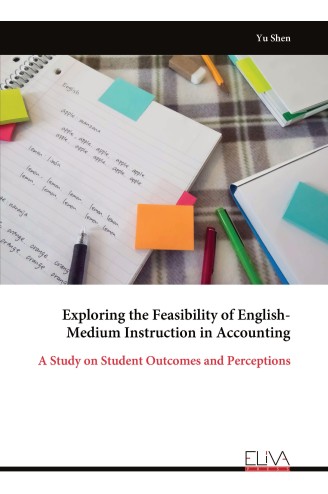Description
Basic Accounting is a foundational course for students in accounting, auditing, and finance. This study aims to provide insights into the effective implementation of English as a Medium of Instruction (EMI) in such courses, offering a framework for EMI curriculum development. Focusing on an experimental all-English Basic Accounting course at a university in Central China, this paper evaluates the teaching outcomes through a comprehensive analysis of student perceptions, expectations, and feedback, gathered via pre- and post-course surveys. Additionally, the study considers exam performance to assess the viability of EMI in this context. The findings reveal that students possess a solid command of English, with more than half expressing support for the EMI approach and anticipating improvements in their language skills. Despite challenges related to limited English vocabulary and the need for increased study time, the EMI approach did not negatively impact exam results. On the contrary, it encouraged greater post-class reflection and review, which contributed to deeper knowledge retention. The study concludes that EMI is a feasible and effective instructional method for undergraduate courses in Accounting, Auditing, and Finance, provided there is a collaborative effort from both teachers and students.




